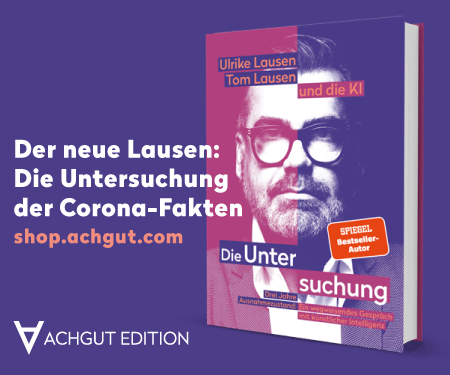Nachdem mich nun schon mehrere Achse-Leser nach meiner Einschätzung der australischen Parlamentswahlen gefragt hatten, hier ist sie. Allerdings auf Englisch, denn ich habe sie für unseren wöchentlichen Policy Exchange-Newsletter geschrieben:
She’ll be right, mate.
What do you do with a government that has created two million new jobs? That has halved inflation? Under which real wages went up 20 per cent? Which cut the national tax burden? Under which exports doubled? Well, the Australians have given their answer when they kicked out Prime Minister John Howard’s coalition government after eleven years in power. Most humiliatingly, John Howard even lost his Sydney seat of Bennelong that he had held since 1974.
The Australian Labor Party under Prime Minister elect Kevin Rudd swept to power in a landslide that, to any foreign observer unfamiliar with the Australian political scene, might have suggested that something had gone terribly wrong. Yet looking at the outgoing government’s achievements, especially on the economy, this simply was not the case.
Australia’s labour market is in a position that most economists would call close to full employment. This year the economy is predicted to grow four per cent, the federal budget is running a substantial surplus. To sum it up: the Australian economy is the envy of the world.
True, the Howard government could hardly claim all of this economic success for itself. Geographically, Australia is perfectly located to benefit from the rise of China and other rapidly developing Asian countries. It is also rich in natural resources, especially metals, coal and uranium, which are in high demand on the international commodity markets.
But alongside this, the economic management by John Howard and his long-term Treasurer Peter Costello was prudent enough to prevent the revenue from the resources boom being squandered on inflating the public sector; it is still substantially smaller than the UK’s. Instead, they maintained Australia as an attractive place to do business, and if there is one thing at all that might be held against the Howard government it is the fact that spending on infrastructure failed to keep pace with the country’s strong economic performance.
So why did the Australian electorate run away from John Howard and into the arms of Kevin Rudd, who – despite his reputation for being a sharp intellectual – is still somewhat of an unknown quantity? The answer, paradoxically, is John Howard. He may have been the architect of Australia’s prosperity, but after eleven years in office the public had simply become tired of his face. And next to the boyish Kevin Rudd, Howard looked even older than his 68 years.
Besides, John Howard never shied away from doing things that he thought right, even if the public did not follow him. He refused to say a formal “Sorry” to the Aboriginal communities because he did not believe the current generation could be held to account for things that happened centuries ago. He supported the US led invasion of Iraq because he knew that for decades the United States had been Australia’s most reliable friend and ally, so when America went to war there was no doubt that Australia would stand by its side. He also refused to ratify the Kyoto Protocol which in his view threatened vital Australian economic interests – hardly surprising for one of the world’s biggest exporters of coal.
All such of these beliefs made John Howard seem an anachronism in a world that increasingly prefers touchy-feely politics to sound political, strategic and economic management. John Howard was a successful manager of the state, but he was not loved for it.
On election night, his successor’s interpretation of the result was that “Australia had looked into the future”. What this future will hold under Mr Rudd, however, is far from clear. Cooling the relationship with America, signing up to the failed Kyoto Protocol and strengthening industrial relations law do not really look like the best way forward for Australia. But fortunately for Australia, no matter how undesirable Kevin Rudd’s policies may be from an economic point of view, it will be hard to undermine the general competitiveness that has been built under Howard.
The Australians have probably just voted out the most successful government they have had in decades. You might call this ungrateful, but it may also be some form of late justice: When Mr Howard first came to power in 1996, he himself benefited hugely from the economic reforms that had been undertaken by his two Labor predecessors Bob Hawke and Paul Keating.
In any case, Australia is lucky enough to be in such a position of strength now that it does not matter much any more which party will rule her for the next three years. “She’ll be right, mate” as they say in Sydney.









